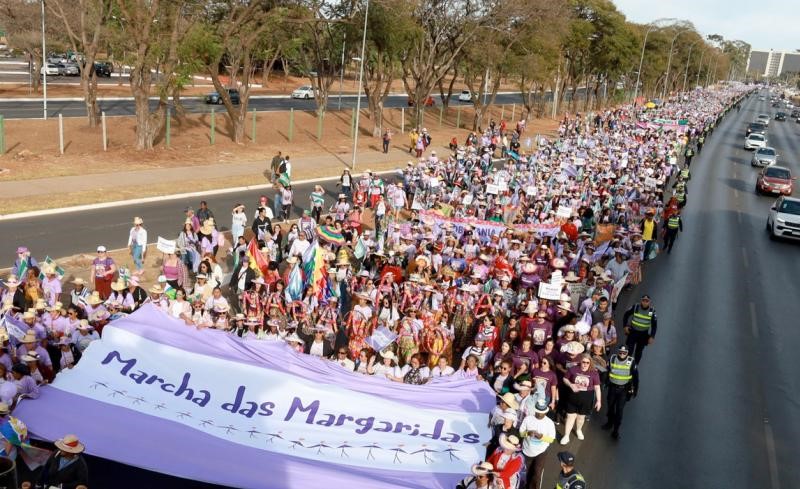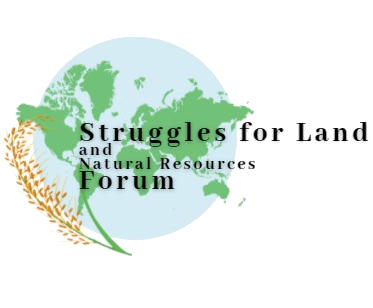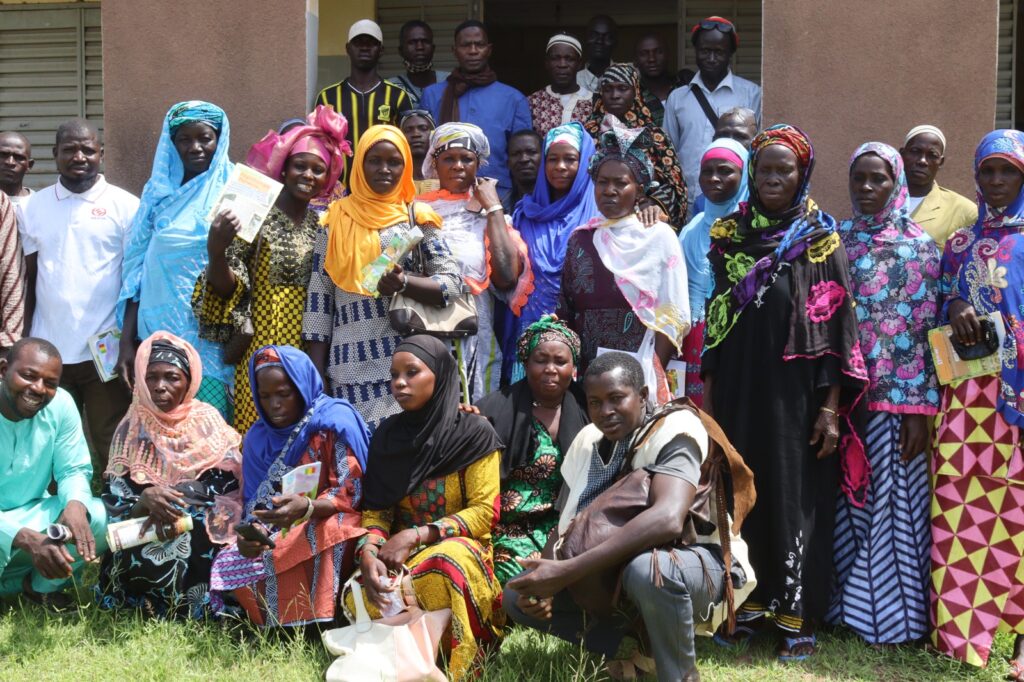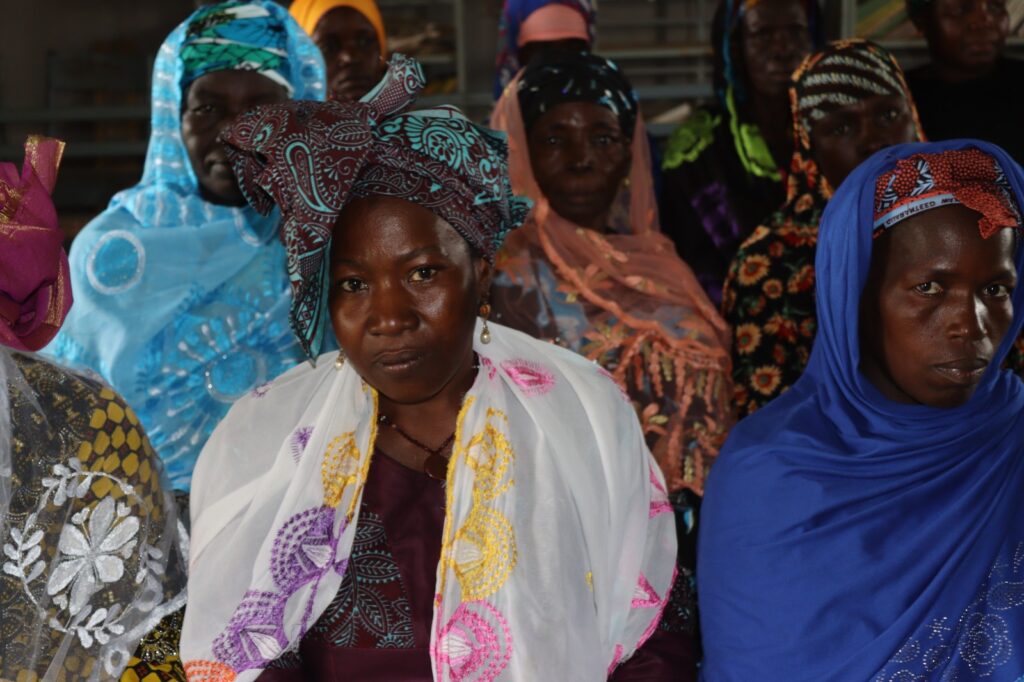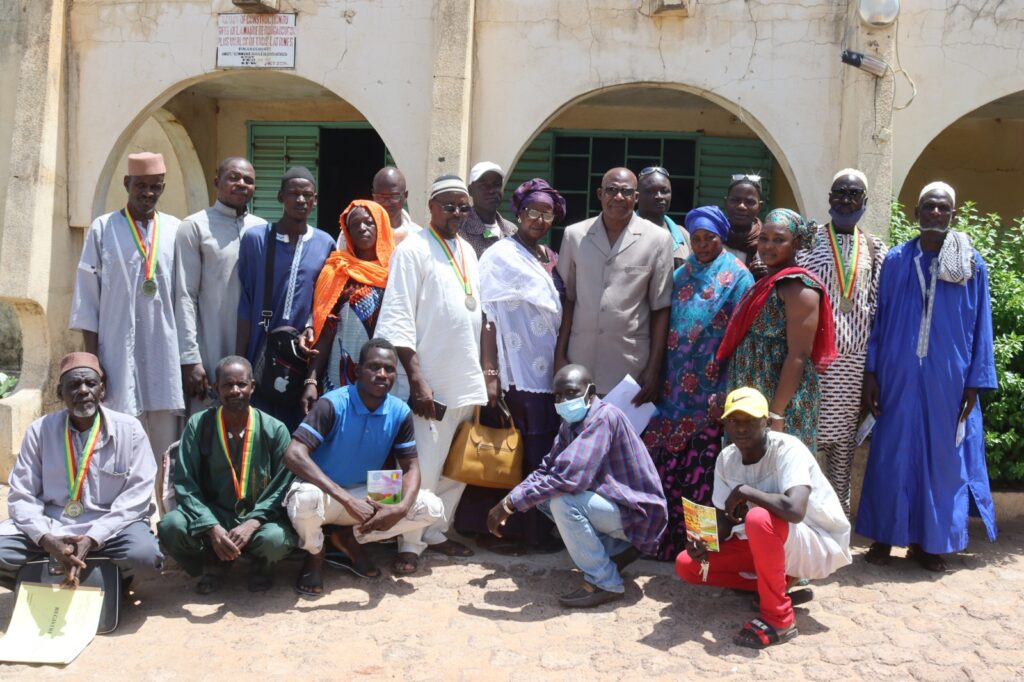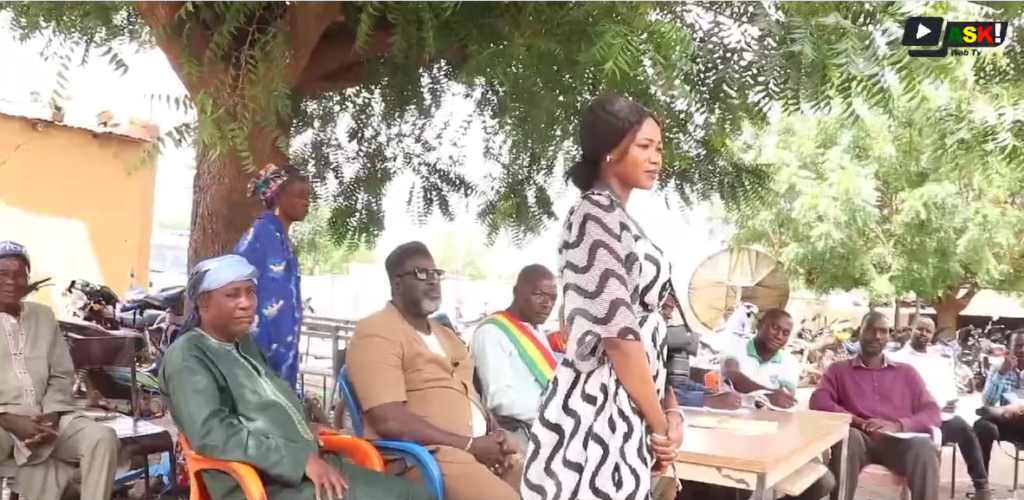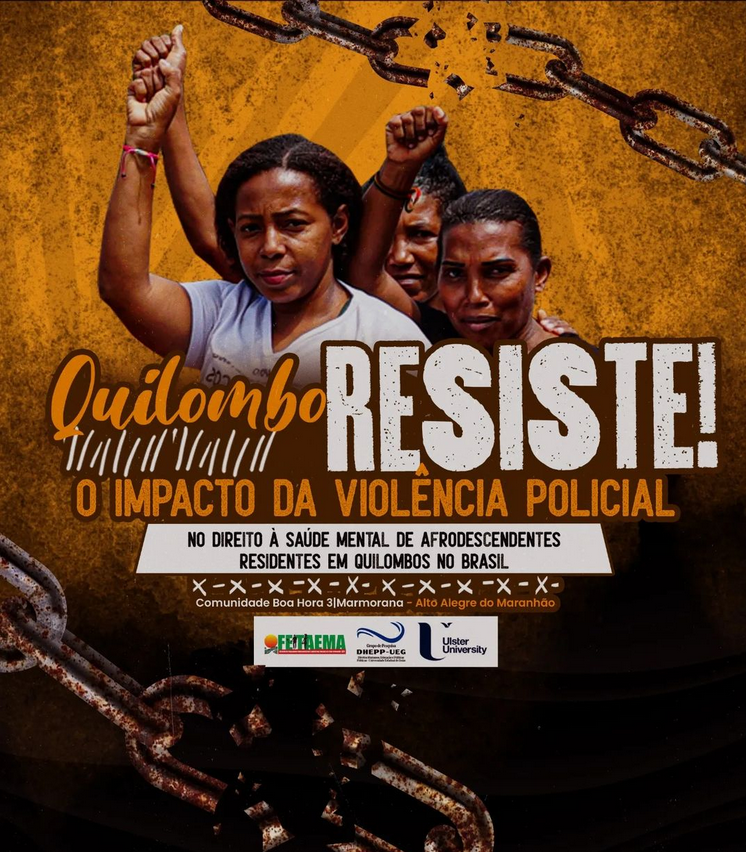On June 21, at a cabinet meeting, the government set in motion the procedure for dissolving Les Soulèvements de la Terre.After throwing its mutilating grenades in our faces, it claims that we no longer have the right to exist together, nor to organize. He now claims to be dissolving an uprising by any means necessary - even arresting activists in their homes, as was the case on June 20.
From the sinister offices of Place Beauvau, this dissolution was intended to be the final straw. It was intended to be the end of a story. And yet the rumors spreading across the country, where hopes are still budding, tell a different story. Contagious whispers and countless outbursts of solidarity remind us that the worst attacks sometimes produce unexpected reversals.
What if this dissolution was in fact a ministerial call to join a major resistance movement? A network already boasting 110,000 declared members, 180 local committees and just as many people involved in public life, collectives and trade unions. A movement supposedly forbidden but collectively unstoppable, targeted by the authorities but rooted in the territories, present in workplaces and schools, barns and back rooms, right up to the very heart of administrations. The government claimed to make us disappear, but in reality we're becoming more and more visible by the day.
More than a thousand people have already declared their intention to attack this decree, and anyone wishing to join this historic legal action can fill in this form.
Faced with this persistent threat, we're offering you a great game. A game that could not be more serious, a game that constitutes a network of resistance. Together, in the days and weeks ahead, we're going to keep the Soulèvements de la Terre appearing in 1,000 ways in the public space: in front of bistros and social centers, during coffee breaks, through open meetings, international antennas, inscriptions on walls, pennants and parties, disarmament and nose-thumbing. In spite of the dissolution, Soulèvements will re-emerge at the drop of a hat on building sites or in the heart of an industrial site, overflowing streets crowded with clamors against the market order, taking root in pirate gardens, people's houses or communal farms. It's up to you and us to find out.
What grows back everywhere cannot be dissolved
These events are starting this evening, with support rallies being organized in more than 100 towns across France at 7 p.m. in front of prefectures.
We, Soulèvements participants everywhere, call on you to join the more than 180 local committees that have been formed in recent months, the hundreds of territorial resistances and local struggles, and the existing union sections that have publicly claimed their membership of the movement. The word of Les Soulèvements de la Terre belongs to them, and it belongs to you.
Together, we will continue to support our wounded. We will continue to fight on the ground everywhere and converge in even greater numbers.
Two upcoming deadlines have already been set for this summer, two essential times for action to share water in the middle of summer and a historic drought:
We're going to go beyond these few immediate landmarks to forge the partnerships needed to put a real stop to the advance of bitumen, the drying up of soils, the poisoning of water and the dissolution of ties.
We will meet again. You are, we are, the Uprisings of the Earth.
In solidarity with the dissolution measure, various media outlets have pledged to offer space to relay information on the movement's variations across the country in the weeks and months ahead. Here are the first : basta!, Cerveaux Non Disponibles, la Relève et la peste, Contre-attaque, Le Média, Partager c'est sympa, Lundi Matin, Dijoncter.info, Terrestres, ...
These different channels, created in solidarity by supporters or orgas, will host the multiple decentralized voices that today claim to be Earth Uprisings:
An e-mail address for friends of the movement who are committed to collecting information on how various existing organizations and local struggles intend to implement the movement locally:
lesamiesdessoulevements@cryptomail.ch
A number of organizations and media outlets in Italy, Switzerland, Belgium, Spain and the United States are announcing international support for Les Soulèvements de la Terre in the face of threats of censorship by the French government.
Supporting legal teams will continue to monitor ongoing proceedings antirep-bassines@riseup.net, legal-lutteslocales@riseup.net
Finally, to help us deal with the repression affecting the movement, if you have the means, please support us financially and share this appeal for donations as widely as possible.
Soulèvements de la Terre website
